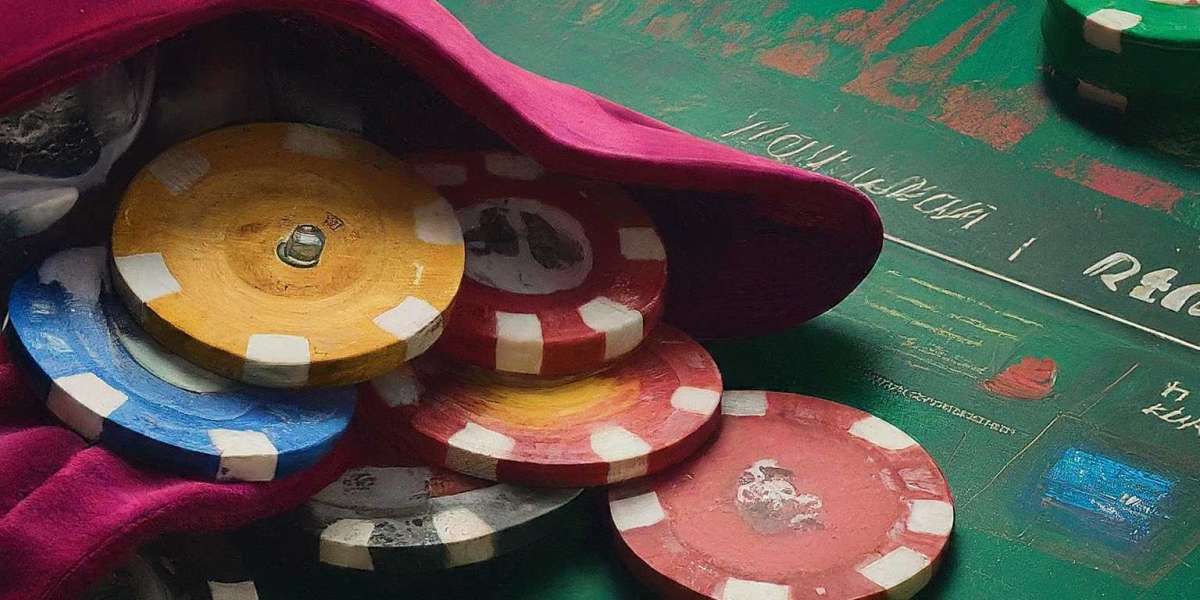Over the years, the gaming industry has seen significant changes and alterations. One such example is "Satta King," a popular gambling game in India that has captivated many. But what was the original name of this Indian gaming phenomenon, and how did it become what it is today? In this post, we'll look at the history of Satta King and uncover its origins.
The Start of Satta Matka
To understand the ancient name of Satta King, we must go back to the mid-twentieth century, when "Satta Matka" became a popular form of gambling in India. Satta Matka, which means "Gambling in Pots," was first played in Mumbai, then known as Bombay. This gambling game was very popular in the 1960s and 1970s.
Satta Matka revolved around numbers and luck. Players would place bets on a combination of numbers, often based on creative techniques and guessing. These numbers were then picked from a pot (hence the name "Matka"), and the correct combination of numbers determined the winner.
Ratan Khatri: Satta Matka's Kingpin
Ratan Khatri is undoubtedly the man responsible for bringing Satta Matka to prominence. He is known as the "Satta King" because of his significant influence in the world of Satta Matka during the mid-twentieth century.
Ratan Khatri ran a successful Matka business in the heart of Mumbai. He was noted for his innovative ideas that introduced new forms of gambling, which added to the allure of Satta Matka. The game evolved under his direction, with the outcomes of bets often delivered in novel ways, adding to the mystery and excitement.
Ankada Jugar: The Original Name
So, what was the original name of Satta King, or Satta Matka? Before it was known as "Satta Matka," the game was called "Ankada Jugar" in its early stages. The word "Ankada" means "numbers," while "Jugar" means "gambling." Thus, Ankada Jugar literally translated to "number gambling."
Ankada Jugar was a simpler form of gambling in the pre-Satta Matka era, focused primarily on betting on numbers. It laid the groundwork for the later, more complex and organized Satta Matka. Over time, Satta Matka became a household name, ultimately overshadowing its predecessor, Ankada Jugar.
The Development of Satta King
As Satta Matka gained popularity, it began to spread to other parts of India. This expansion led to the creation of regional variants, each with its own set of rules and procedures. The game evolved and was given the name "Satta King," which is synonymous with "Satta Matka" but symbolizes its immense popularity in India.
Modern Satta King in the Digital Age
With the advent of the internet and technology, Satta King entered the digital realm. Online Satta King websites and applications have emerged, making it even easier for players to engage in this type of gaming. The online version of Satta King offers a diverse selection of markets and betting possibilities, attracting players from all around India and beyond.
Satta King Fast remains one of India's most popular gambling platforms, offering a unique combination of history and innovation. The game's intriguing roots as Ankada Jugar on the streets of Mumbai have come a long way, influencing the nation's gambling culture.
Conclusion
Ankada Jugar, the original name of Satta King, serves as a historical reminder of the game's humble beginnings on the bustling streets of Bombay (now Mumbai). Over time, it evolved into the well-known and famous Satta Matka, eventually earning the moniker "Satta King." This evolution illustrates not only India's changing gambling market but also the enduring appeal of games of chance.
While the history of Satta King is fascinating, it's important to remember that gambling, whether traditional or contemporary, carries risks. Those who wish to engage in such activities should always prioritize responsible gaming practices and legal compliance.


